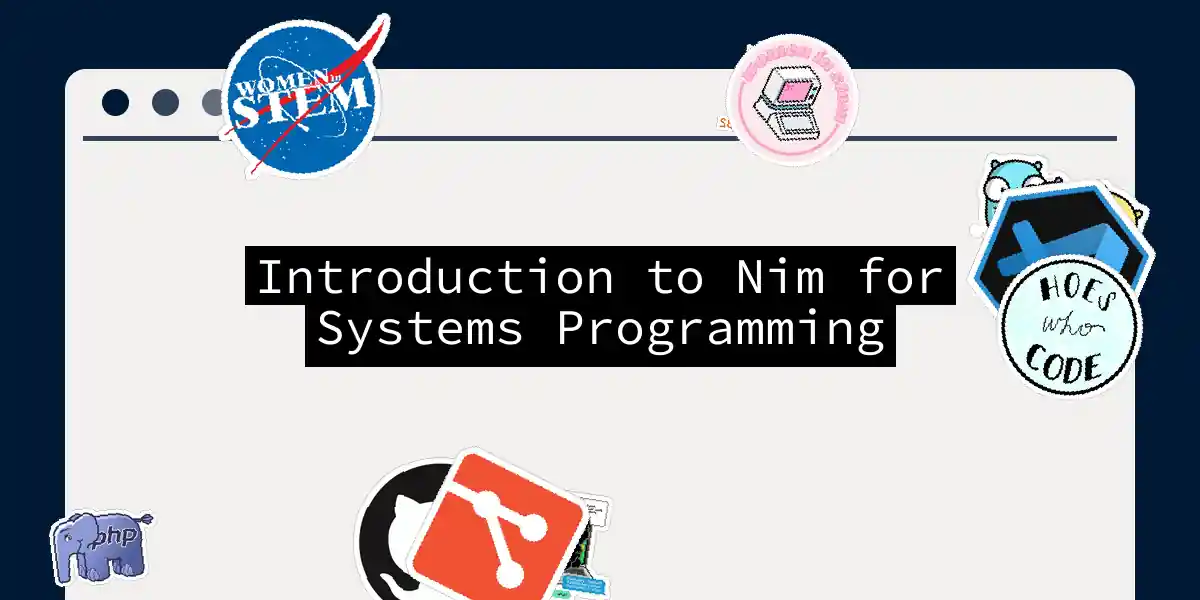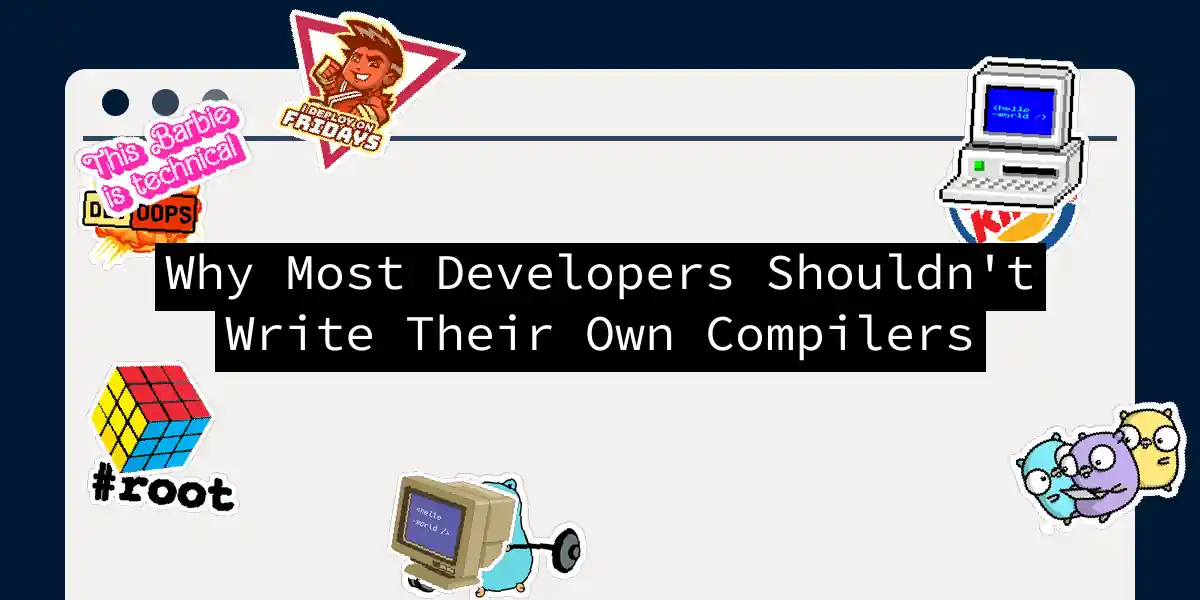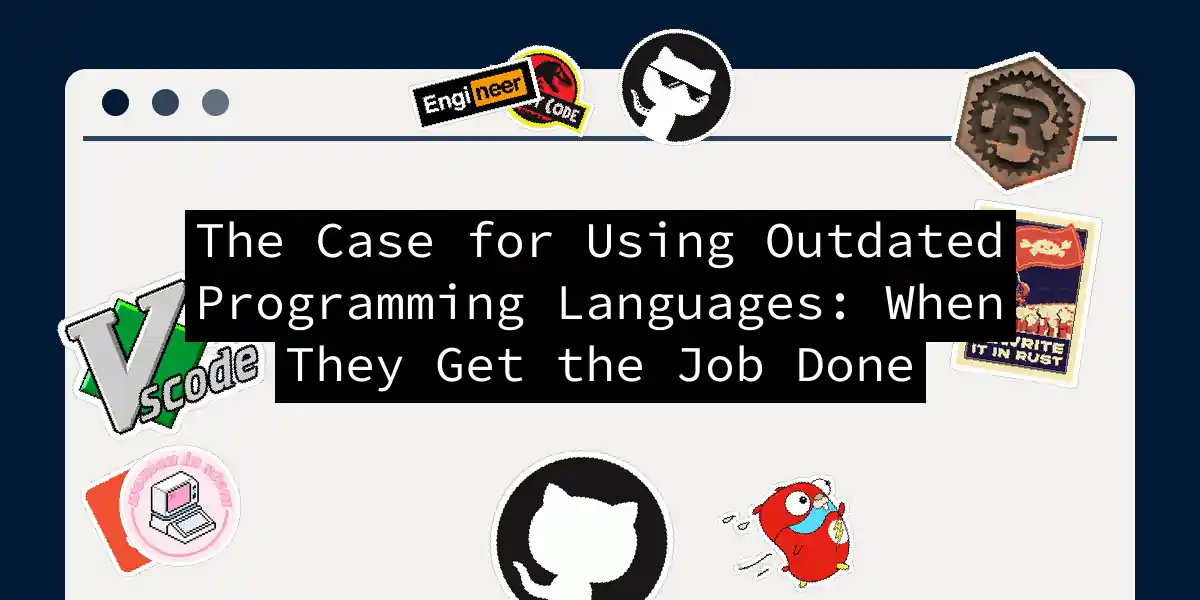
Introduction to Nim for Systems Programming
Why Nim? In the vast landscape of programming languages, Nim stands out as a gem that combines the best of several worlds. If you’re a developer looking for a language that is efficient, expressive, and elegant, Nim is definitely worth your attention. Here’s why: Efficiency Nim is a statically typed, compiled systems programming language that generates native, dependency-free executables. This means your code compiles directly to machine code, bypassing the need for a virtual machine....



